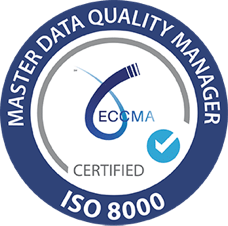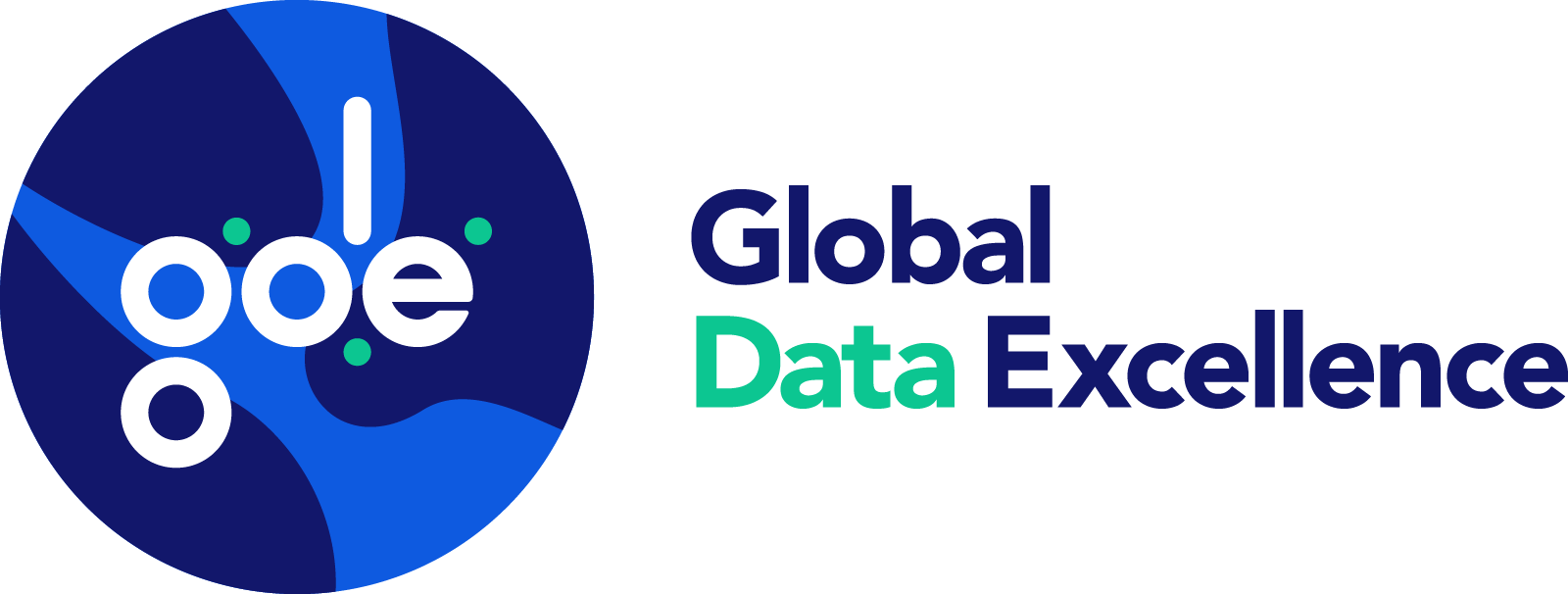
Search online for ways to be a better decision maker and you’ll encounter any number of articles with a system, a strategy, a proven process, or an advice from someone who once made a good decision of two.
There’s a six-step process for this, a five-pillar system for that, but rarely is there much in the way of evidence of consistently excellent decision making. Anecdotes abound, of course, but cold, hard data? That’s usually hard to come by.
But it’s not impossible to come by.
Global Data Excellence’s Data Excellence Management System, or DEMS, has a track record of powering better decisions at companies and organisations of all types and in all sectors. Whether its identifying future risk in the oil and gas industry, reducing sourcing costs by $1 billion in the food industry, or avoiding future trading losses in the aviation industry, DEMS has enabled some of the world’s biggest companies to improve the quality of their decisions and realise real bottom-line improvement.
How can you become a better decision maker with DEMS? Read on.
What is DEMS?
DEMS is an integrated and multilingual web-based solution that uses contextual intelligence based on artificial intelligence techniques and semantics; in other words, this is a new generation of AI that works on both meaning and reasoning. Organisations use DEMS to automate their data governance, their business excellence programs, and their analytics, and enables them to accelerate value creating strategies while minimising operational costs.
The brainchild of Global Data Excellence and its founder, Dr Walid el Abed, DEMS drives factual, value-driven collaborations within organisations that engage end-users in all departments, divisions, and silos. At the same time, DEMS helps organisations to manage their data policies and remain compliant with guidelines and regulations including those of the Swiss Financial Market Supervisory Authority (FINMA) and the European Union (GDPR).
Far from a tool reserved for organisations on the technological cutting edge, DEMS adapts to the maturity of an organisation, its functions, resources, and constraints. DEMS helps establish accountability and responsibility throughout an entire organisational structure and links data assets to the flow of value to predictively govern business strategies.
How Does It Work?
DEMS is built on a Data Excellence Framework of three pillars.
First is the automatic connection of data sources. DEMS is able to connect all sources of data within an organisation and analyse their semantics. Semantics is the determination of the relationship between certain signifiers and the meaning of those signifiers, their denotation. A signifier might be a word, a sentence, a sign or a symbol and, within the modern organisation, there are thousands of these to be analysed with DEMS’ powerful learning algorithms.
Second is the focus on natural language. Instead of forcing users to work with software-specific languages or create business rules in difficult to understand code, DEMS is designed to work with natural language, that is, the language and communication style that a human uses every day. Business rules, processes, policies, practices and strategies can be entered in standard human language in all its complexities and DEMS will automatically generate the computer code that includes all aspects of the data integration.
Third is a commitment to delivering things first time right – how is this possible? DEMS platform has state-of-the-art artificial intelligence that generates forward looking indicators based on pre-defined rules, these being the standards, policies, and laws by which the company operates. These indicators are measured by DEMS’ Data Excellence Index and enables the identification of Key Value Indicators, or KVIs. These KVIs are necessarily forward looking and power choices about opportunity and risk that are first time right, every time.
How Does DEMS Power Better Decision Making?
The best business decisions are made when the fundamentals of a business are understood, yet surprisingly some of the fundamentals of a business remain clouded from the vision of those charged with making strategic and operational decisions.
DEMS and its Data Excellence Framework allow decision makers to achieve clarity about their past, present, and future and to respond with precision to key strategic and operational questions such as:
- What are the strategic goals in my organisation? Say goodbye to goals set with ideal cases in mind, or blind to the dynamics of business systems. Instead, the strategic goals can be set with regards to KVIs: maximizing one KVI, optimising another, and always with the future in mind.
- What are the business excellence requirements to achieve these goals, and who is accountable for the business excellence requirements? DEMS helps identify where in the organisation resources should be focused in order to achieve the desired strategic targets, and also identifies who within the organisation should be responsible for delivering on that business excellence.
- What data is used to support those business excellence requirements, and what impact does the non-compliance of data with the business excellence requirements has on our business? Better decisions are informed not by ‘more data’ but by the right data. DEMS identifies which data is relevant and the impacts of not having that data on an organisation’s plans for excellence.
- How can we prioritise fixing the data? Who is responsible for fixing the data? If the data available is not going to enable the best decision making and fall short of business excellence, DEMS can identify which data should be prioritised for fixing. Once identified, the organisation can work on assigning responsibility for fixing that data, too.
Finally, there is a larger meta-question that DEMS helps decision makers to answer: how do I maximize the business value of enterprise data? There’s no shortage of data in the modern organisation, after all, but more data is not always better when it comes to making the right strategic and operational choices. Instead, the capacity to determine which data is most critical and which data unlocks the most future value is most important, and DEMS delivers this for decision makers time and again.
Making Better Decisions with DEMS
Modern organisations in all domains have access to more data than ever on which to base their strategic and operational decisions. Yet oftentimes, this data is not useful for making those decisions and it’s not possible for decision makers to take a truly holistic view of their business.
With Global Data Excellence’s DEMS, though, decision makers can understand what data is most important to attaining business excellence, can understand what data and which parts of the organisation will deliver the most future value, can identify and set targets for KVIs, and can make decisions that are based on value instead of past performance.
All of this adds up to better decision making driven by data and focused firmly on the future, thanks to DEMS.
Global Data Excellence News
Dr. Walid el Abed at S3C 2025: Data Sovereignty, Ethical AI, and Digital Governance
We are pleased to share the presentation by Dr. Walid el Abed, Founder and CEO of Global Data Excellence, at the S3C 2025 Summit – a major event...
Global Data Excellence and The Higher Committee of Human Fraternity Unite to Drive Ethical AI and Human-Centered Technology for Global Good
For immediate release Geneva, Switzerland – May 23, 2025 – Global Data Excellence (GDE) and The Higher Committee of Human Fraternity have entered...
GLOBAL DATA EXCELLENCE CELEBRATES DATA INDEPENDENCE DAY WITH THE LAUNCH OF DEMS FOR ALL
Press Release: For Immediate Release Geneva, Switzerland – September 18, 2024 – In a historic announcement, following Dr. Walid el Abed's...

Global Data Excellence (GDE)
Route de la Galaise 34
CH - 1228 Plan-les-Ouates


© 2024 Global Data Excellence | All Rights reserved | DEMS Support Platform | Website realised by Swiss House of Brands




Recent Comments